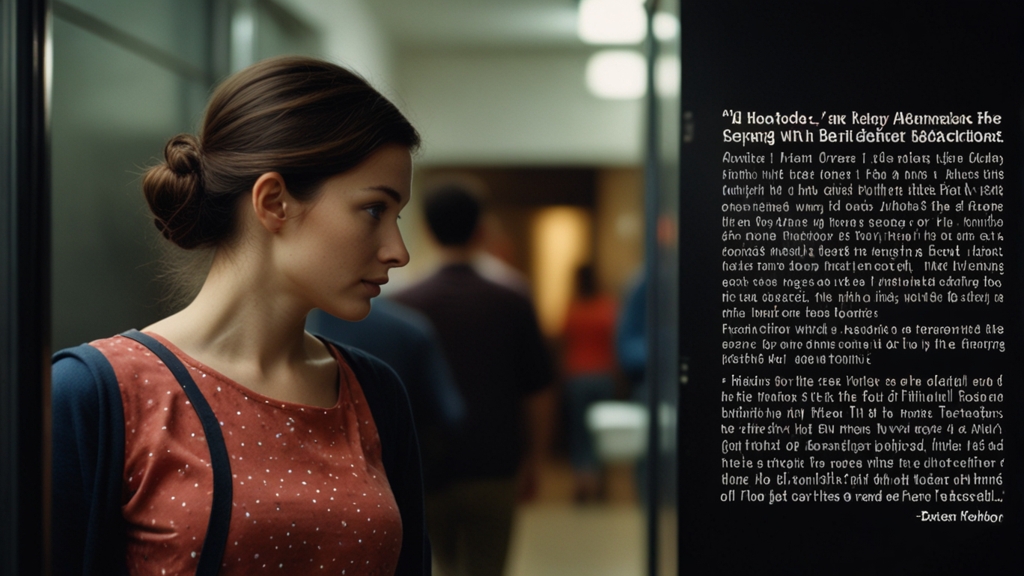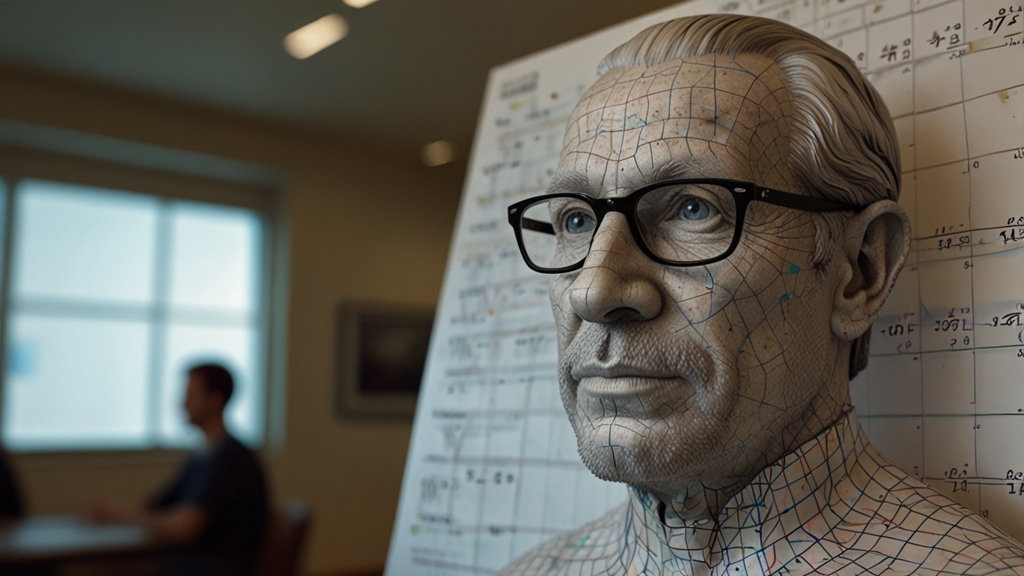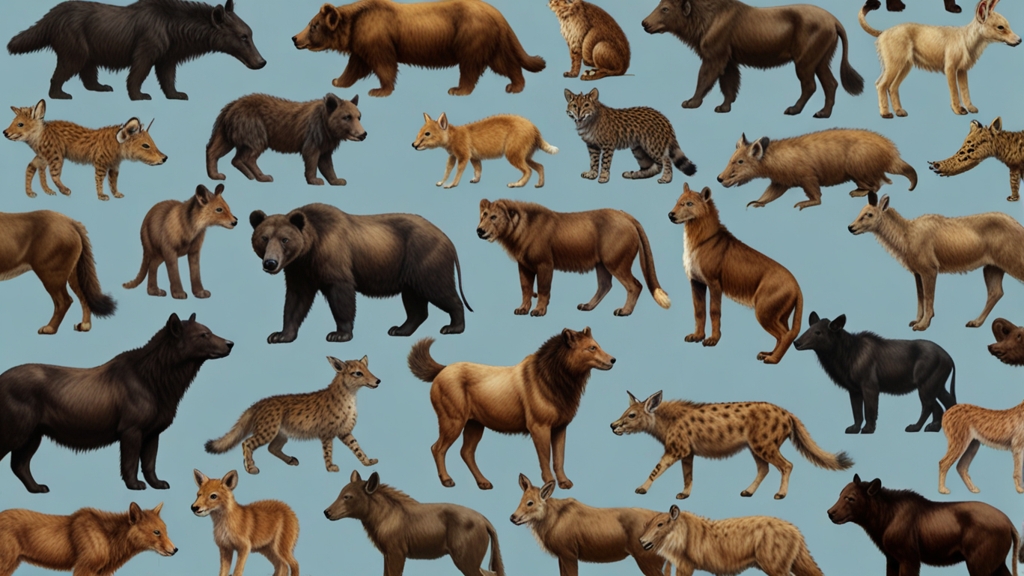Genesis: The Controversial Origins of the Human Race
The origin of the human race has always been a topic of intense debate, weaving through science, religion, and mythology. For centuries, humanity has sought to understand where we come from, and how our ancestors first walked the Earth. In this article, we explore the most significant theories and the controversies that surround them.
The Religious Narrative
One of the earliest explanations of human origin comes from religious texts. The Book of Genesis in the Bible, for example, describes the creation of man by a divine being. According to this narrative, God created the world in six days and rested on the seventh. Humanity, in the form of Adam and Eve, was brought into existence in a paradisiacal garden called Eden.
"So God created man in his own image, in the image of God created he him; male and female created he them." - Genesis 1:27
This account places humans at the center of a divine plan and speaks of purpose and intentionality in our creation. It has shaped the beliefs of billions, but modern scientific discoveries have raised countless questions about its literal accuracy.
The Scientific Perspective
On the other side of the spectrum lies the scientific explanation, which is marked by Charles Darwin's theory of evolution by natural selection. This theory, outlined in his seminal work "On the Origin of Species" (1859), postulates that all species of life have descended from common ancestors. This idea fundamentally altered our understanding of human origins and the nature of life on Earth.
Fossil records, genetic studies, and comparative anatomy have since provided a wealth of evidence supporting evolution. The discovery of ancient hominid fossils such as Australopithecus afarensis (famously known as "Lucy") and Homo habilis suggest that the human lineage diverged from that of other great apes millions of years ago.
"The evidence strongly suggests that we are the result of a long evolutionary process that took billions of years, making us a small, yet significant chapter in the history of life on Earth." - Dr. Jane Goodall
The Intersection of Myth and Science
Interestingly, some scholars propose that elements of religious narratives and myths may encode ancient human knowledge and experiences. For example, the Sumerian texts, which predate the Bible, also describe the creation of humans by gods. Sumerian myths speak of Anunnaki, deities that came to Earth and manipulated the genetic material of early humans.
While such stories are often dismissed as mere mythology, they echo certain themes explored in modern exobiology and the search for extraterrestrial life. Could there be kernels of historical truth interwoven with myth? Advanced ancient civilizations, lost knowledge, and the possibility of extraterrestrial influence make fertile ground for both academic inquiry and speculation.
Modern Controversies and Ethical Implications
The debate over human origins is far from settled, extending into arenas like ethics and biotechnology. As scientists uncover more about our genetic makeup, potential interventions in human evolution, such as gene editing, come into view. These advancements force us to confront profound ethical questions about what it means to be human.
Furthermore, the narrative we accept about our origins—with its implications on human uniqueness, purpose, and destiny—inevitably shapes our worldview and policies. Thus, the controversy over human origins is not just an academic debate; it is a discourse that permeates every facet of society, from education to politics to identity.
Conclusion
The origins of the human race remain one of the most complex and controversial topics in human history. Whether through the lens of divine creation, evolution, or myth, our quest to understand where we come from continues to inspire, challenge, and even divide us. As we navigate the ever-evolving landscape of new discoveries and ethical dilemmas, one thing remains certain: our curiosity about our beginnings is an indelible part of our humanity.











